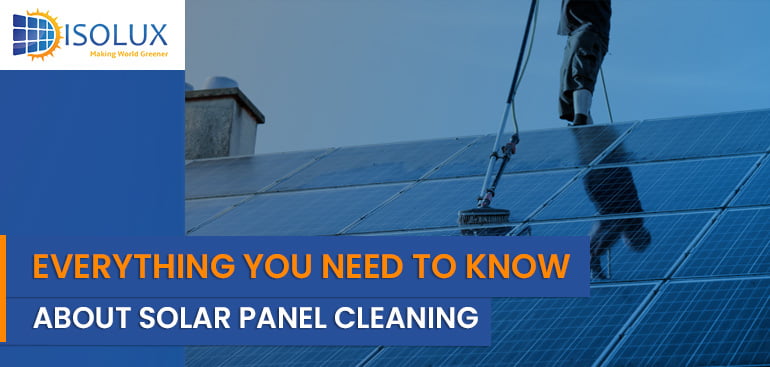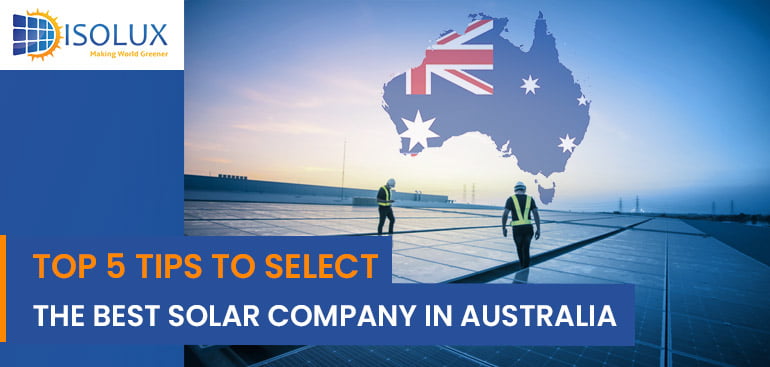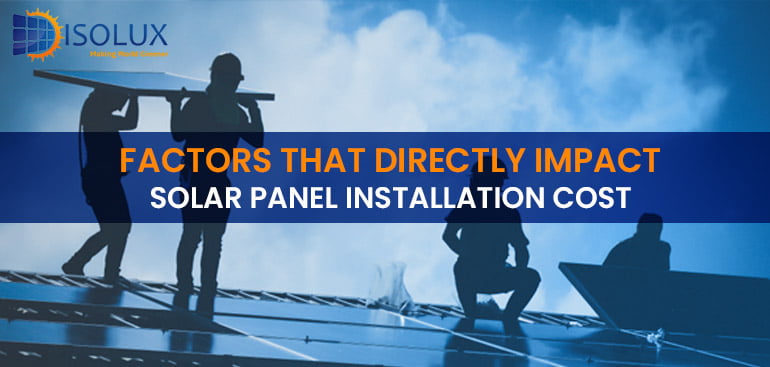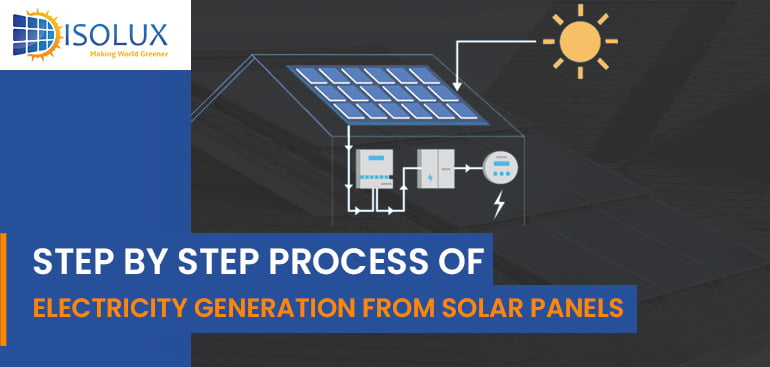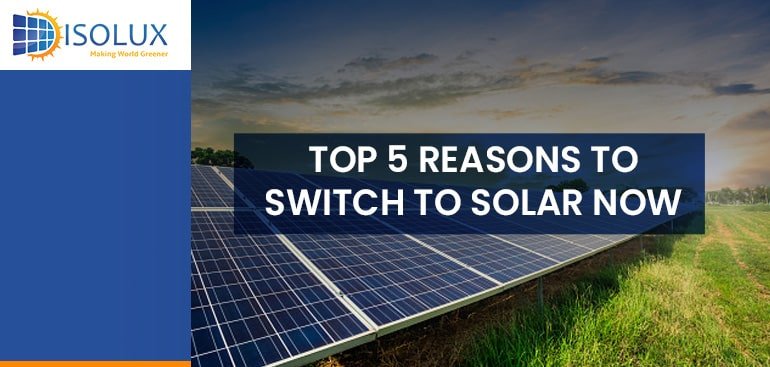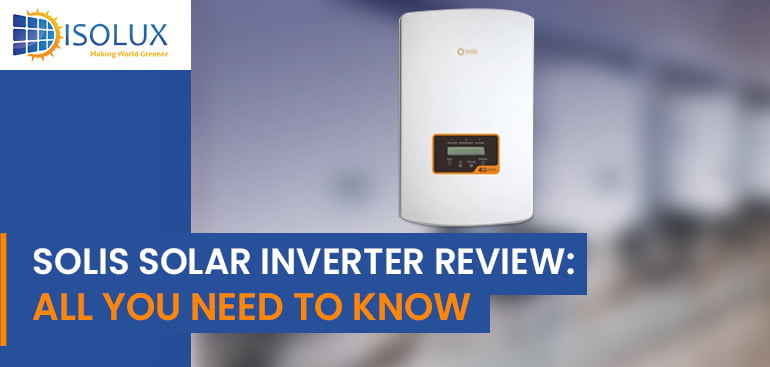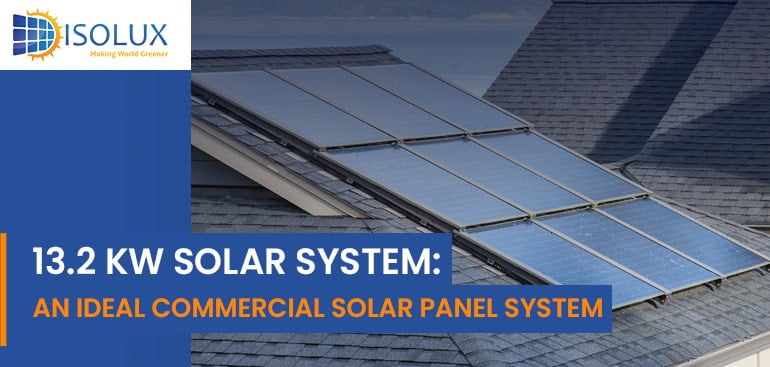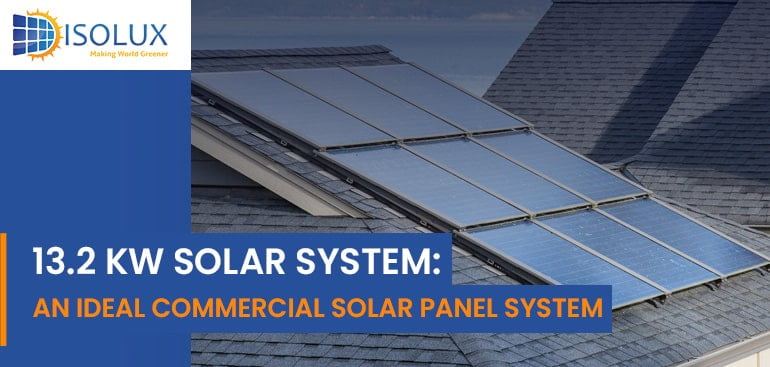For those who have home solar panels in Sydney, it is crucial to take care of panels to improve their efficiency and performance, plus, ensure they last long.
With the rising electricity costs, many Australians are switching to solar energy. Once you have made that important decision of switching to solar, it is crucial to choose the best solar company in Australia. When you start exploring the market for solar power installation in Sydney, there are several solar installation companies available. Search solar system installers near me.
Are you planning to invest in a solar power system alone? Why not invest in a battery for solar energy storage along with it?
Are the rising electricity costs getting you worried?
Are you interested in the best solar panels in Australia?
Want to find out which solar panels should you purchase?
Solar energy is becoming a popular and widely used form of renewable energy in Australia. More and more homeowners are switching to buy solar panels in Sydney. Installing a solar panel from the best solar company Sydney offers various benefits like environmental sustainability and tremendous saving on energy costs.
Often a solar panel installation company explains how solar panels generate electricity. In this article, we will share a complete guide to give more details on this.
The use of residential solar systems is growing tremendously in Australia. Solar energy offers a wide range of benefits to property owners, businesses, and organisations in Australia. People in Australia are taking the best advantage of the residential solar systems.
Considering the benefits offered by solar power, it makes sense for people to embrace solar power. If you are looking for the best solar inverter in Australia, the Solis inverter is one of the best options because of its reliability and affordability.
Solis inverters are manufactured by the company Ginlong Technologies Co. Ltd., having the trade name Solis.
Solis Inverter Warranty
Solis offers a standard 5-year “out of the box” warranty with local support for all its products. Additionally, residential inverter customers have the opportunity to extend this warranty for another 5 years by registering their product. This registration ensures a comprehensive 10-year warranty that is fully supported locally under the Optimum warranty program.
Solis Inverters Cost in Australia
Solis inverters, manufactured in China, have ramped up their production capacity, enabling them to offer competitive pricing. With options ranging from 3 phase models to sizes between 5kW and 15kW, their prices vary from $900 to $2000. It’s important to note that these prices may fluctuate depending on specific property requirements and market price changes. Generally, Solis inverters are priced affordably and deliver reliable performance.
Range of Solis Inverter Available In Australia
Most of the Solis inverters sold in Australia are approved by the Clean Energy Council (CEC).
Single phase Solis Inverter Series
Solis Single Phase S5 Mini Series
Solis Single Phase S5 Series
Solis Single Phase Mini’s 4G
Solis Single Phase
Solis Single Phase 5G
Three Phase Solis Inverter Series
Solis Three Phase S5 Series
Solis Three Phase 5K to 20K
Solis Three Phase 25K to 50K
Solis Three Phase 80K to 125K
Solis Three Phase 208K to 255K
Hybrid Solis Inverter Series
Hybrid Storage Inverters 5K to 10K
Hybrid Storage Inverters 3K to 6K
5G Retrofit Storage Inverter
Key Features of Solis Inverter
Solis inverters come in a variety of models to suit different needs, including residential, commercial, and utility-scale solar installations. They are known for their wide input voltage range, which allows for flexibility in designing solar panel arrays. Many models also feature dual MPPT (Maximum Power Point Tracking) technology, which optimizes the energy harvest from solar panels by tracking the maximum power point of the solar panel array throughout the day.
Moreover, Solis inverters are designed with efficiency in mind. They boast high conversion efficiencies, often exceeding 98%, ensuring that a maximum amount of power generated by the solar panels is converted into usable electricity. This high efficiency contributes to the overall performance and effectiveness of the solar power system, leading to potential savings on energy bills over time.
Advantage of Solis Inverters
Solis inverter produces power between 1kW to 60kW.
Designed based on AS/NZ 4777 standards.
The wide range of Solis inverter models is capable of producing an efficiency level in the range of 97.5% to 98.3%.
User-friendly monitoring app.
IP65 is rated for withstanding any harsh environment.
High switching frequency.
The lightweight and compact design allows easy installation.
What Makes Solis Inverters One of The Best Solar Power Inverters?
Solis inverter is one of the best solar inverters in Australia. Here are the reasons for it:
1. High Efficiency
The wide range of Solis inverter models is capable of producing an efficiency level in the range of 97.5% to 98.3%.
Most residential Solis inverters have an efficiency of over 98%.
The high efficiency offered by these inverters makes them one of the best solar power inverters in Australia.
2. Easy and Hassle-Free Installation
This inverter is compact and lightweight in design.
This allows easy and hassle-free installation.
3. Ability To Withstand Harsh Climatic Conditions
This best solar inverter is designed and engineered to handle any harsh environmental conditions such as temperature, humidity, snow, rain, etc.
The corrosion-resistant NEMA 4X adds an added layer of protection to the Solis inverters.
4. Consistent Performance
Be it a single-phase or three-phase Solis inverter, each model is engineered and meticulously tested to deliver consistent performance.
The single-phase Solis inverter has a power range from 2.5 – 5 kW, while the three-phase has a power range from 5 – 10 kW.
Exceptional Customer Support By The Local Australian Office
Since Ginlong Technologies Co. Ltd. has an office in Australia (Victoria).
The local office in Australia is there to assist customers with any problems or challenges they are facing with the Solis inverter.
The local Australian office offers 24/7 exceptional sales customer support.
Technical help and support are offered by the technicians from the local office in Australia.
Solis inverters, manufactured in China, have ramped up their production capacity, enabling them to offer competitive pricing. With options ranging from 3 phase models to sizes between 5kW and 15kW, their prices vary from $900 to $2000. It’s important to note that these prices may fluctuate depending on specific property requirements and market price changes. Generally, Solis inverters are priced affordably and deliver reliable performance.
Are Solis Inverter Any Good?
Yes, the Solis inverter is good and gained popularity in the Australian market. The efficiency range of the Solis inverter is 97.5%-98.3% in all modules. Provide low and high voltage of inverter and produce power between 1kW to 60kW.
Solis Inverter Monitoring System
Solis provides a device to monitor the inverter system. With its Wi-Fi sticks, you can easily access your inverter monitoring system from anywhere.
If you have multiple inverters, Solis Data Logging Box same as Wi-Fi sticks. It allows to connect of multiple inverters through RS485/422.
SolisCloud is also one option to monitor the inverter. It’s a new generation PV system monitoring app to check the energy flow.
Conclusion
Solis inverter gained the trust of the Australian market. It offers a range of high-quality inverters with cutting-edge technology, high-conversion efficiency, and support. residential and commercial properties get the solution for their energy requirements. Investing in Solis Inverter guarantees optimal performance and efficiency.
Contact Isolux Solar to install a solar panel system with an inverter and battery.
Read Next Blog:
When it comes to the best residential and commercial solar panels in Sydney, the 13.2 kW solar system is one of the best-selling and recommended solar systems. Once you have decided to invest in a commercial solar panel system, the 13.2kW solar panel system would help you lower the electricity bills every month. It will help your company’s bottom line grow even more.
When it comes to the best residential and commercial solar panels in Sydney, the 13.2 kW solar system is one of the best-selling and recommended solar systems. Once you have decided to invest in a commercial solar panel system, the 13.2 kW solar panel system would help you lower your electricity bills every month. It will help your company’s bottom line grow even more.
Make Solar Work For Your Business and Organization
This is the most commonly installed commercial solar panel system in Australia.
Considering the rising electricity bills and power consumption, it makes sense for you to opt for the solar panel, keeping in mind its durability and affordability.
What Is The 13.2 kW Solar System?
- This solar system is a grid-tie solar system powering commercial spaces and homes in Australia.
- It can be installed easily on any type of surface either flat or tilted.
- The monocrystalline solar panels give the 13.2 kW solar system the perfect appearance and finish.
- The top-notch photovoltaic cells are capable of tapping sunlight with improved efficiency.
- The High-grade solar PV cells also offer quick energy conversion rates and have a long life.
- It is manufactured according to the guidelines of the Clean Energy Council (CEC).
Where Is The 13.2 kW Solar System Used?
There are several locations and business premises that can leverage the benefits offered by a 13.2 kW solar power system. These include:
- Small and large factories
- Solar farms
- Large scale commercial projects
- Commercial properties
- Investment Properties
- Schools, universities, and colleges
Cost of The 13.2 kW Solar System
- The price tag of this one of the best commercial solar panels in Sydney increases with the increase in specifications.
- The general thumb rule regarding the cost of installation of a standard solar PV system is approximately $1 per watt.
- It will cost approximately $6999 to $17999 inclusive of the rebates and taxes.
Factors Affecting The Price of 13.2 kW Solar Power System
- Energy consumption
- Type of installation
- Size of the inverter
- Size of the battery
- The capacity of solar cells
The specifications directly influence the total cost of this commercial solar panel system. However, in the end, it comes down to the size of the commercial premises or property on which it is to be installed.
How Much Energy Is Generated By a 13.2 kW Solar Power System?
- On average, a 1 kW solar system generates approximately 4 kWh of electricity, every day.
- The 13.2 kW solar system has the potential to generate 100 kWh of energy at an efficiency rate of 75%.
The amount of energy produced depends on several factors such as:
- Geographical location
- Tilt angle and alignment
- Local weather and climatic conditions
- Amount of shading
- Inverter efficiency
- Age of the solar panels
- Performance metrics of solar panels and other components
If you are exploring commercial solar panels in Sydney, the 13.2 kW solar power system would be an ideal choice for industrial units and commercial establishments.

